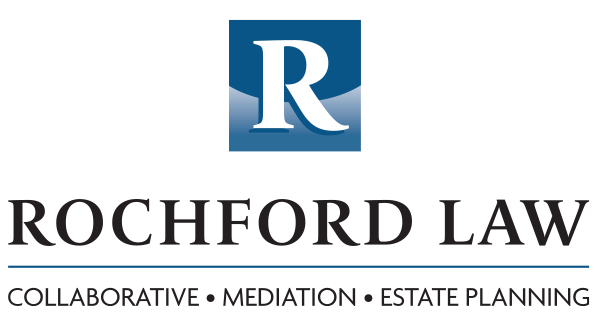Elder Care Mediation
Managing care for an elder relative is difficult. Disagreements among adult children, daily caregiving demands, and handling finances while a parent or grandparent’s health declines can be stressful and emotional.



Elder mediation makes it possible for all parties to to achieve a constructive, civil, meaningful, and acceptable agreement while ensuring that their loved one is prioritized.
What is Elder Care Mediation?
Elder care mediation is a supportive facilitative process (not a legal process) that provides a peaceful forum for families, health professionals, and/or medical care service providers to work together to create a thoughtful plan for the elder person. The confidential problem solving process allows the parties to share decision-making while creating workable and acceptable solutions to practical challenges and difficult disputes.
Families find elder care mediation appropriate and helpful in many situations including the following:
- An elderly parent or relative will not accept services because he/she doesn’t want “strangers” in the house
- Adult children disagree on whether the family home should be kept or sold
- Adult children of an elderly parent disagree on whether their parent should be cared for at home or in a skilled nursing facility
- One adult family member has Power of Attorney and the other siblings or family members disagree with the decisions being made
- The primary caregiver is resentful because other family members live out of town and are not able to consistently help with the elder’s care
- Family members disagree on whether it is appropriate for the elder to continue driving
When to choose Elder Care Mediation
you would welcome a compassionate guide to the discussion;
siblings or other relatives are in disagreement on care or other issues;
siblings or other relatives are not geographically close;
underlying family conflicts are an obstacle;
family members and the elder disagree on whether the elder’s physical and/or mental health is impacting the ability to care for him or herself and make appropriate decisions
How Does Elder Care Mediation Work?
In Elder care mediation, a mediator with specific training in elder care issues guides family members to create a workable and acceptable solution to their conflict. Private, confidential and voluntary meetings are held in locations that meet the family’s needs, including private homes, the mediator’s office or a senior living facility. If possible, it is important that the elder participate so that his or her voice can be heard. The mediator works with the parties to identify solutions and outline plans of action that will alleviate caregiver stress and maintain quality of life for the elder.
In some cases, it may be appropriate to have third party professionals such as lawyers, care managers, doctors, or financial planners attend the mediation session.
Think Elder Care Mediation May be Right for You?
Contact Rochford Law and Mediation today
